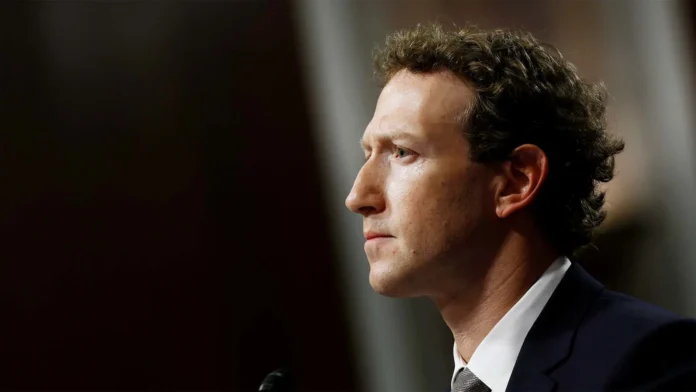Meta CEO Mark Zuckerberg concluded his testimony on Wednesday in a major antitrust trial in Washington, D.C. He appeared in court to defend Meta’s acquisitions of Instagram and WhatsApp. The Federal Trade Commission claims the purchases were intended to eliminate competition.
However, Zuckerberg told the court he acquired both platforms for their value and potential. He said Meta’s business strategy always focused on growth and innovation, not market domination.
Meta attorney Mark Hansen led the questioning. He highlighted global competition and argued Meta does not hold a monopoly in social media. Hansen also noted how YouTube and TikTok continue to challenge Meta’s user engagement and market share.
In fact, Zuckerberg admitted people spend more time on YouTube than on Facebook and Instagram combined. He stressed the importance of learning from competitors to stay ahead. “It’s my job to track trends and push innovation,” he said.
Moreover, Hansen addressed internal emails the FTC had cited as evidence of Meta’s alleged fear of Instagram’s rise. Zuckerberg responded that similar concerns appear throughout the company’s history. He explained that monitoring competitors is key to developing strong products.
The FTC’s lawyer, Daniel Matheson, pressed Zuckerberg on whether fear drove his decision to buy Instagram. Zuckerberg denied this. He claimed his goal was to operate it as an independent brand.
The conversation later shifted to WhatsApp. The FTC argued Zuckerberg acquired it out of fear as well. Zuckerberg countered by explaining that he admired its popularity and user base. He added that Meta’s business strategy was to expand communication tools.
Zuckerberg said WhatsApp’s early features aligned with Meta’s goals. He emphasized the acquisition was driven by its usefulness, not threat reduction.
This trial could significantly affect Meta’s future. The FTC wants to unwind the deals and break up the company. Still, Meta’s business strategy remains focused on innovation and adapting to global competition.
Judge James Boasberg is overseeing the trial. The case will continue over the coming weeks with more tech executives expected to testify.
For more business news updates, visit DC Brief.


